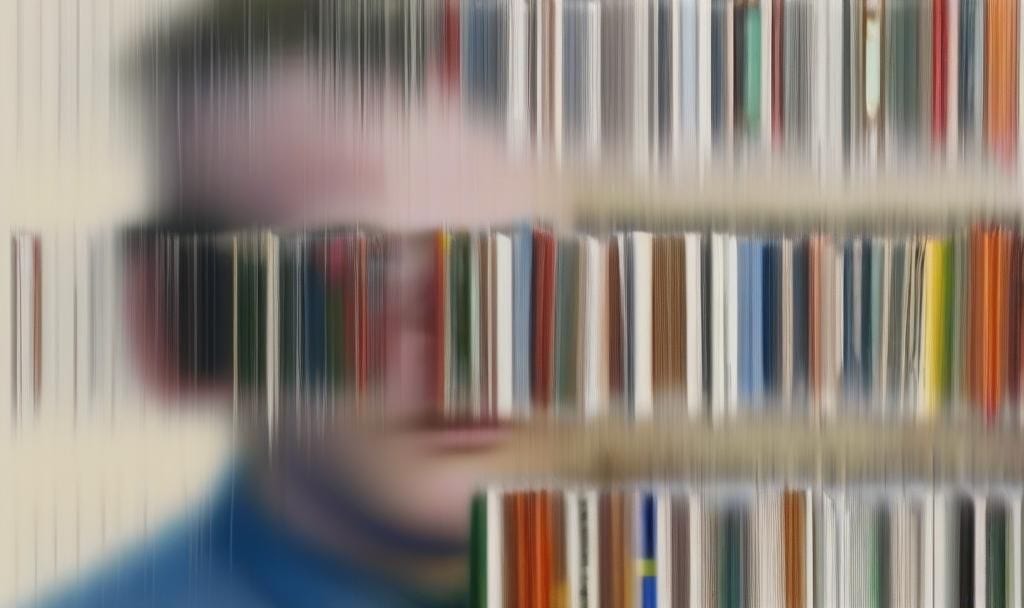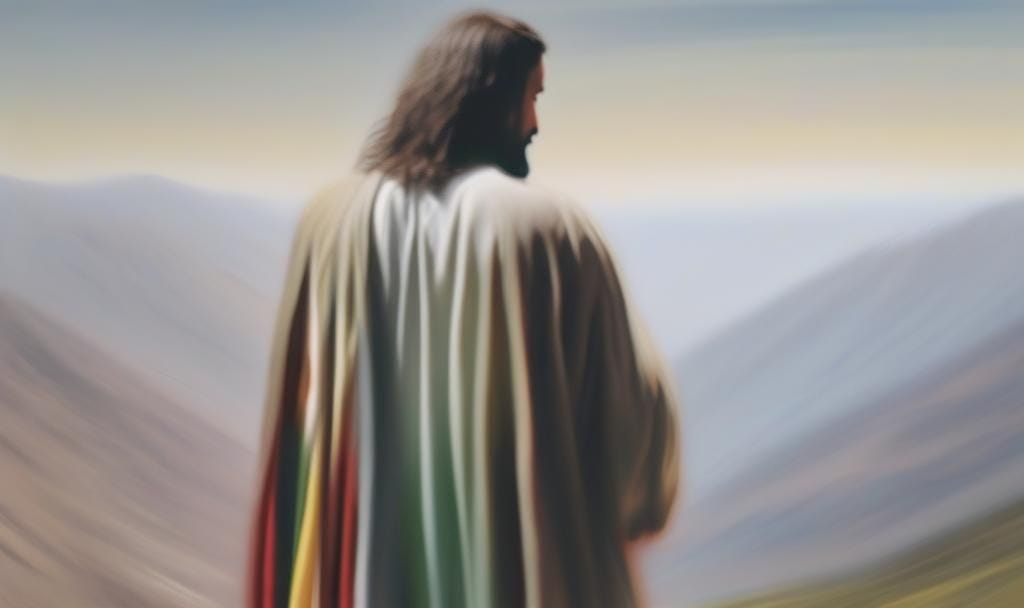Don’t Fall For This Misconception About “A Course in Miracles”!
The most common mistake in the study and application of "A Course in Miracles."
Welcome, everyone, and thanks for reading Miracles One Day at a Time, a newsletter about A Course in Miracles. If you enjoy this post, please click “share” to help spread the word!
In the past, I’ve been asked what I think is the biggest misconception among many in their studies of A Course in Miracles. To me, it is the all too frequent notion that, as Course students, we get a pass when it comes to attending to worldly matters and affairs.
This reflects the idea that as students of the Course, we are “above” the stuff of life, and that the holy enlightened perspective is to ignore/deny what we are experiencing as human beings.
This is a persistent misconception and argument made by some who claim to understand the Course: in essence, that we don’t need to do anything in our lives or in this world. We don’t need to do anything even in the face of evil or harm.
This is a twisted, perverted, and dangerous error far from what the Course actually says and reveals to us.
The idea that we are free to do nothing and ignore worldly matters is nonsense, hogwash, an error, and an unloving ego-centric perspective. It does nothing to facilitate the kingdom of God here on Earth.
Adherents of this fallacious perspective argue that, given the Course’s emphasis that the cosmos is a dream, any actions or steps we take to change the world or change our lives are meaningless and irrelevant. They argue that taking action to facilitate change is evidence of us buying into the illusory nature of this world. Our actions to change the world or change ourselves thus reflect a belief in the illusions of the world and reinforce the shared hallucination of the universe.
They argue that if our only reality is our oneness with God in heaven, there is no reason to do anything in this world or in our lives.
I find this perspective particularly unsettling.
There is nothing holy, enlightened, or peaceful about ignoring the suffering of sentient life. There is nothing sacrosanct about standing aside and allowing evil to spread, pain and violence to increase, or tolerating abuse of any kind.
How anyone could seriously think that God would want this for us, or want us to enable and ignore instantiations of evil or hate to proliferate is ridiculous.
Believers in this perspective often cite section 7 of Chapter 18 of the Course Text. This section says, “I need do nothing.” It is argued that this clearly indicates that action in this world is unnecessary.
This section is a metaphysical reflection on the self as one nears and realizes enlightenment. It articulates the realization that one is not a body but rather a creation of God that exists beyond the body. It is a call to maintain our faith in the spiritual self rather than our human limitations.
“I need do nothing” heralds that we need do nothing to establish our self-worth, value, and power. I need do nothing to be loved by God, to have value and worth, and to merit love.
“I need do nothing” does not mean I do not take action in this world, whether mundane or on a larger scale.
I wake up every day and eat breakfast. I wake up every day and drink water. I recognize the Course’s teaching that this world is an illusion. However, that doesn’t mean I don’t eat or drink water.
Likewise, it doesn’t mean I am absolved from living so as to promote peace, justice, and facilitate love in this world.
The Course is calling us to turn our faith away from the limitations of the self towards the majesty and grandeur of God and the divine within.
Remember, A Course in Miracles does not prescribe a specific set of behaviors or actions we need to take. A Course in Miracles is all about informing how we think since how we think determines what we do.
If we look at the example of Jesus’s life in the gospels, it is clear he engaged and took action in the world. Jesus taught others about love, peace, and forgiveness.
He took action to heal the sick, perform miracles, forgive, build relationships with others, demonstrate love, and teach that all of us have dignity and are worthy of the love of God.
Jesus did not spend his life “doing nothing.” Jesus was proactive in the world and served the world.
If Jesus took action in the world, then why not us? Why, as Course students, would we reach this arrogant conclusion that we are absolved of helping our fellow man, of taking care of the planet, of facilitating a more peaceful, loving world?
Early in the Course text, in Chapter 2, we have a prayer that provides a template for miracle-mind action and behavior in this world.
I am here only to be truly helpful.
I am here to represent Him Who sent me.
I do not have to worry about what to say or what to do, because He Who sent me will direct me.
I am content to be wherever He wishes, knowing He goes there with me.
I will be healed as I let Him teach me to heal.
We are here only to be truly helpful, to help ourselves, and to help each other. The Course calls us to act with miracle-mindedness or from a place of love.
Towards the end of the Workbook, one of the final lessons (353) states,
My eyes, my tongue, my hands, my feet today have but one purpose;
To be given Christ to use to bless the world with miracles.
The body is to be used in service of love, of light, and for good. What we choose to lay our eyes upon, the words we say, the things we make with our hands, and the spaces we walk into and occupy have but one purpose and one purpose only: we give what we have made in this world, even if these are all illusions, to Christ to use.
Christ acts through us. Christ is revealed in how we treat one another.
So the next time you hear an argument made that working for good, helping others, or responding to human pain and suffering is a-spiritual because A Course in Miracles suggests these are reflections of an illusion, think about the prayer in Chapter 2, think about workbook lesson 353, and ask yourself:
“What would Jesus do in this situation?”
Thanks for reading Miracles One Day at a Time. Please share this post and subscribe to get the latest newsletter delivered to your email inbox!
Have a great week, everyone.





Beautiful post. I believe that before we become students of A Course In Miracles, we only see ourselves as responsible for our actions and words. When we do the course, we realize we are responsible for our actions, words, and thoughts. Thanks for sharing. ✨
Love this post! Thanks for this clear message which I agree with fully. Love, 💌 Valentine Laout